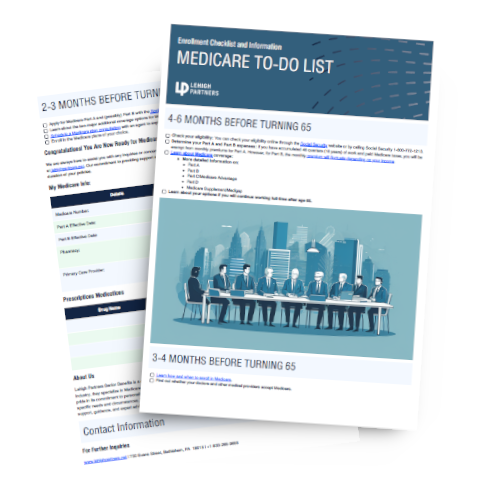A formulary is a list of each drug covered by a Medicare Prescription Drug Plan (Part D) and Medicare Advantage Plan (Part C).
Coverage for a specific drug may vary from plan to plan. Each Medicare plan has its own unique formulary, meaning that it has its own unique list of drugs the plan covers. Formularies include both brand-name and generic drugs, and they must include most types of drugs used by Medicare beneficiaries. You can typically find a plan’s formulary with the plan’s other documents and details.
Why Your Medicare Drug Formulary Matters
Each Medicare drug plan must give at least a standard level of coverage set by Medicare. Plans can vary on pharmacies they use, prescription drugs they cover, and how much they charge. Plans design their prescription drug coverage using different methods.
Medicare plan formularies are typically created by a committee set up by the plan’s health insurance company. The formulary committee would likely include pharmacists and doctors from various medical areas. This committee would then choose which prescription drugs to include on the health plan formulary. A health plan may change its formulary drug list from time to time. That may be because new drugs become available, changes in treatment or based on new medical information.
Formularies vary. Every plan creates its own formulary structure, decides which drugs it will cover and determines which tier a drug is on. One plan may cover a drug that another doesn’t. The same drug may be on tier 2 in one plan’s formulary and on tier 3 in a different plan’s formulary.
Formularies change. A plan may add or remove a drug from its formulary or move a drug into a different tier. Usually, plans must inform members in advance if a drug is to be removed.
Formularies have different pricing. Plan members typically pay a copay or coinsurance each time they fill a prescription. How much you pay depends on the plan you have. Two plans may cover the same drug, but the cost may be different.
It’s important to research and compare plans to make sure your prescription drugs are covered at a price you are comfortable with.
Why is a Formulary Tiered
A tiered formulary divides drugs into groups based mostly on cost. A plan’s formulary might have three, four or even five tiers.
Each plan decides which drugs on its formulary go into which tiers. In general, the lowest-tier drugs are the lowest cost. Plans negotiate pricing with drug companies. If a plan negotiates a lower price on a particular drug, then it can place it in a lower tier and pass the savings on to its members.
The table below is an example of a four-tier formulary structure.
Drug Tier | Type of Drugs Included | Your Cost |
|---|---|---|
Tier 1 | Most generic drugs | Lowest copay |
Tier 2 | Most common brand name drugs Preferred brand name drugs Some high cost generic drugs | Moderate copay |
Tier 3 | Non-preferred brand name drugs | Highest copay |
Tier 4 | Unique or very high cost drugs | Percentage of total drug cost, called coinsurance |
Medicare prescription drug plan formularies may change on a yearly basis.
It’s important to check your plan details every year to make sure the medications you need are still covered.
If you find that your plan no longer covers a medication you need, Lehigh Partners Senior Benefits can help you find a plan that provides the right coverage for your unique situation.

